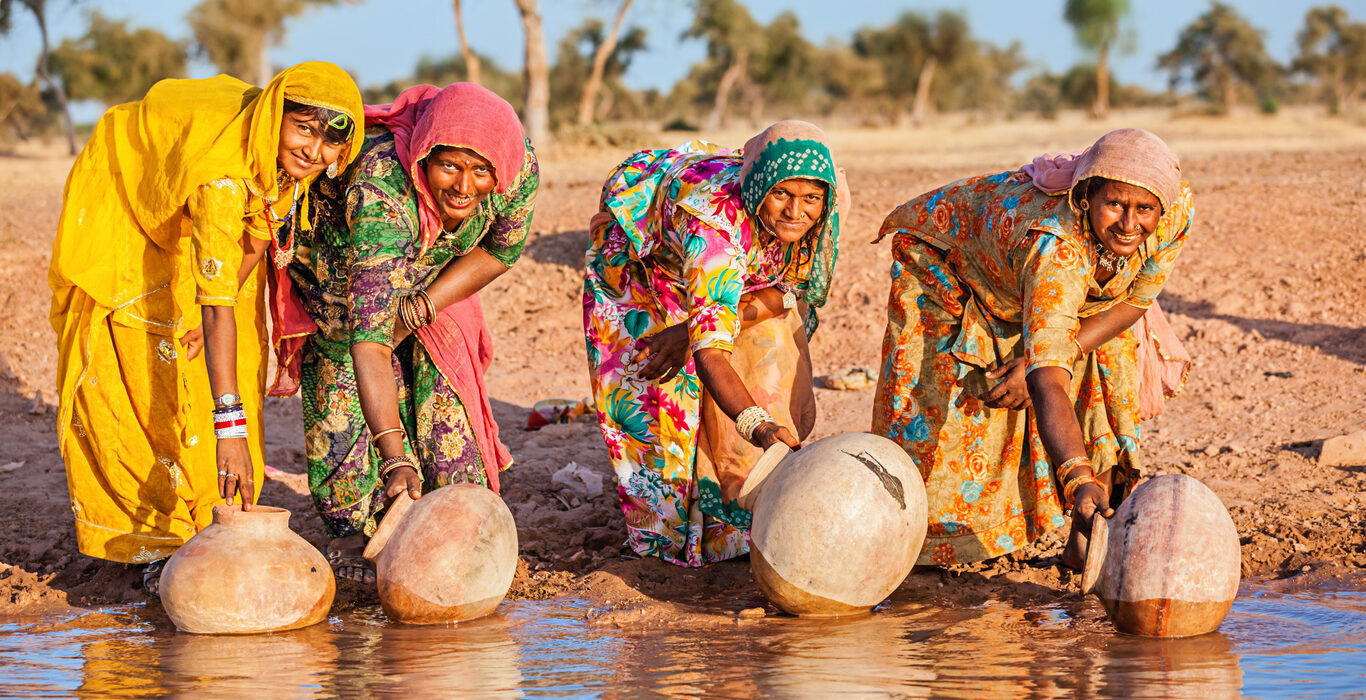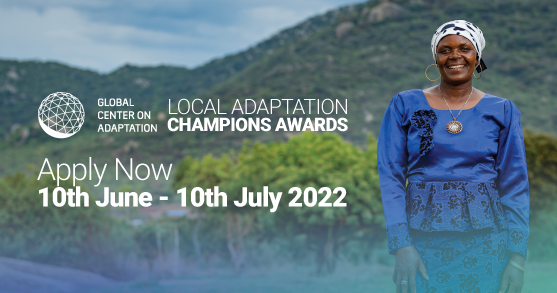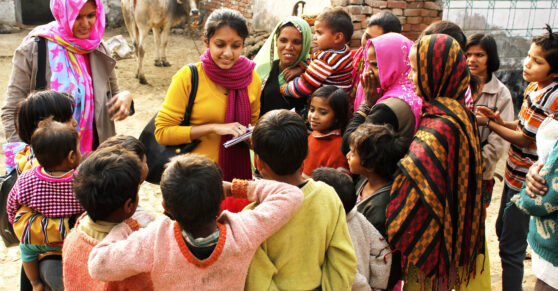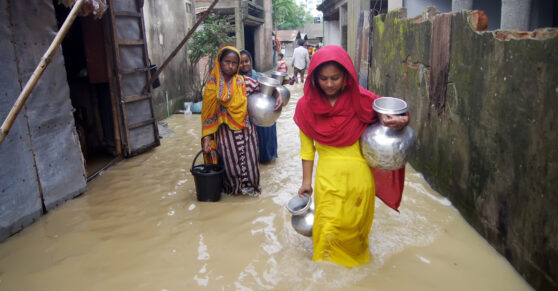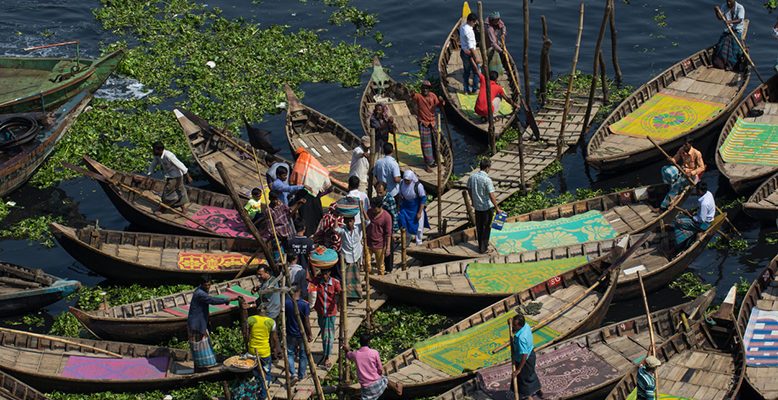Locally Led Planning
A GUIDE FOR BUILDING CLIMATE RESILIENCE IN URBAN INFORMAL SETTLEMENTS
VIDEOS
These short videos highlight key lessons from the Mukuru approach and strategies for undertaking locally-led upgrading for climate resilience
OVERVIEW
The Mukuru Approach: Local leadership for building climate resilience in urban informal settlements
At a glance (2.5 mins)
Overview (13 mins)
A high-level overview of the Mukuru Special Planning Area (SPA). The Mukuru approach has taught us that improving climate resilience in informal settlements requires the urgent coordination of several key strategies. National and city leaders should take up this approach to building climate resilience and upgrading informal settlements.
Key concepts:
- The promise of and need for upgrading as a climate resilience strategy in rapidly urbanizing Africa
- The need to put communities at the center of planning
- The crucial role of local governments and locally-led action for upgrading and resilience
The Mukuru Story
Starting in 2017, residents of Mukuru — one of the largest informal settlements in Nairobi, Kenya — undertook an ambitious, ground-breaking participatory upgrading process known as the Mukuru Special Planning Area (SPA). This is the Mukuru story, as told by Jane Weru, Executive Director of the Akiba Mashinani Trust and one of its central champions and stewards; and Dorise Moseti, a community mobilization champion from Mukuru.
COMMUNITY CO-PLANNING
Let’s know each other, so we build each other: Lessons for community co-planning from the Mukuru approach
Mukuru residents worked with the local government to plan crucial infrastructure investments to improve their health, safety and dignity. The SPA is an example of a true “co-planning” process. Work was undertaken together by government, residents and their civil society partners. This empowered residents to make planning decisions that have improved their resilience to climate change.
INTEGRATED CO-PLANNING
Forming consortia: Multisectoral planning in informal settlements
The interdependent, multisectoral challenges in informal settlements like Mukuru require integrated planning. Improvements in no one sector alone can solve them. It is crucial to develop sectoral plans in tandem, working together across disciplines.
PLANNING FRAMEWORK
Throw out your rule book: Alternative planning approaches for climate resilience in informal settlements
Acknowledging Mukuru’s unique developmental and political challenges, planning partners adopted an unconventional planning framework. Enabled by the SPA declaration, it prioritized immediate needs and incremental, iterative improvements. It also adopted alternatives to conventional planning standards to minimize the displacement of Mukuru residents without sacrificing security, health or resilience considerations.
CLIMATE RESILIENCE
Urbanization in the margins: Upgrading informal settlements for climate resilience
Like informal settlements in cities across Africa, Mukuru is vulnerable to climate hazards like extreme rainfall, floods, water- and vector-borne diseases, extreme heat, fires, and water scarcity. This is due to its precarious location, poor infrastructure, and high levels of poverty. Residents also have little say in decision-making processes. As a result, Mukuru lacks infrastructure and resources to deal with climate-related risks.
Across Africa, climate resilience in informal settlements requires urgent attention. Locally-led planning efforts under the SPA have addressed existing gaps in service provision. These investments have reduced residents’ climate vulnerability. The SPA serves as an important model for upgrading at scale to build climate resilience in informal settlements.
IMPLEMENTATION
From plan to implementation: Opportunities and challenges
Starting in 2020, the Nairobi city government began implementing a community-driven, multisectoral upgrading plan. The plan was the product of an ambitious two-year process known as the Mukuru Special Planning Area or SPA.
While the Covid-19 pandemic has delayed official ratification of the upgrading plan, the Nairobi city government and Nairobi Metropolitan Services have already built roads, storm drains, several hospitals, a school, and a pilot water and sanitation project. Ongoing implementation efforts provide opportunities and pose several challenges.
Related videos
- Jane Weru – Too Pressed To Wait, UN-Habitat (2016)
- Mukuru SPA Process, Know Your City TV (2019)
- Mukuru SPA, Know Your City TV (2020)
- Good Morning Mukuru, Know Your City TV (2020)
